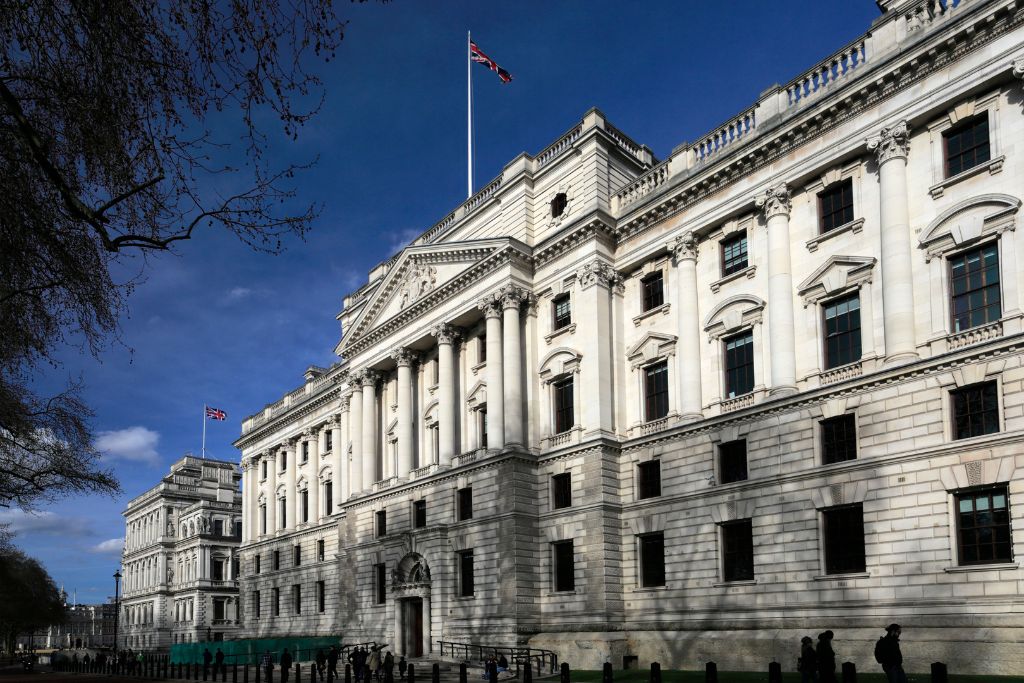The government’s plan to reach carbon neutrality provides insufficient detail on how the climate targets will be met, a judge ruled on Monday. The UK now has time until the end of March 2023 to update its net-zero emissions strategy.
—
A London judge has ruled that the UK’s net-zero plan is in breach of the law, ordering the government to outline a more detailed plan on how it plans to reach carbon neutrality by March 2023, following a high-profile case brought on by climate campaigners over the country’s ‘vague’ emission targets.
The environmental groups Friends of the Earth, ClientEarth, and the Good Law Project all took legal action in recent months over the government’s flagship climate strategy, claiming that it had legally failed to include clear guidelines and policies to deliver its emission reduction promises.
“This decision is a breakthrough moment in the fight against climate delay and inaction,” said Sam Hunter Jones – a senior lawyer at ClientEarth – told Bloomberg. “It forces the government to put in place climate plans that will actually address the crisis.”
In December 2020, Prime Minister Boris Johnson updated the Nationally Determined Contribution (NDC) the country submitted to the UN as part of the 2015 Paris Agreement, pledging that the UK will cut greenhouse gas emissions by 68% below 1990 levels by 2030, an increase on the previous target of about 57%.
The ruling comes as the UK bakes in a record-breaking heatwave, with temperatures reaching unprecedented highs of 40C in London and forcing the government to issue the first-ever Level 4 Heat Alert in the capital and other parts of southeast England earlier this week.
According to a 2021 analysis done by Carbon Brief, the UK is halfway towards meeting its 2050 net-zero carbon goal. Overall, emissions here fell from 794 million tons of CO2 equivalent in 1990 to 389 million tons in 2020. Per capita CO2 emissions in the country are now 4.5 tons, which is less than two-thirds of the per capita emissions in the US and 40% lower than per capita emissions in China, the research found.
However, a more detailed and quantified explanation of how the policies would achieve net-zero emissions by 2050 was important for holding ministers to account and for “transparency”, the judge said in his ruling, confirming the environmental activists’ claims over the strategy’s vagueness.
You might also like: How Can the UK Reach Carbon Neutrality?


















